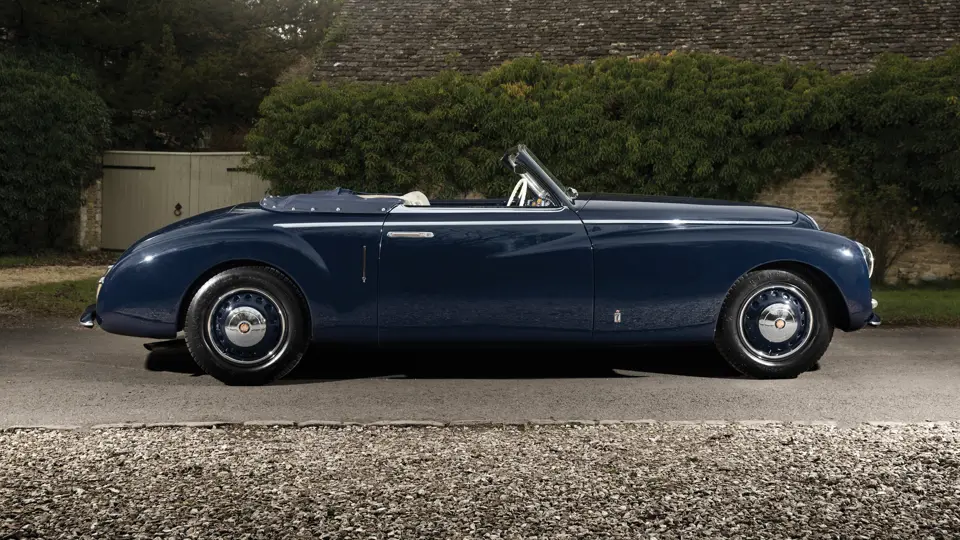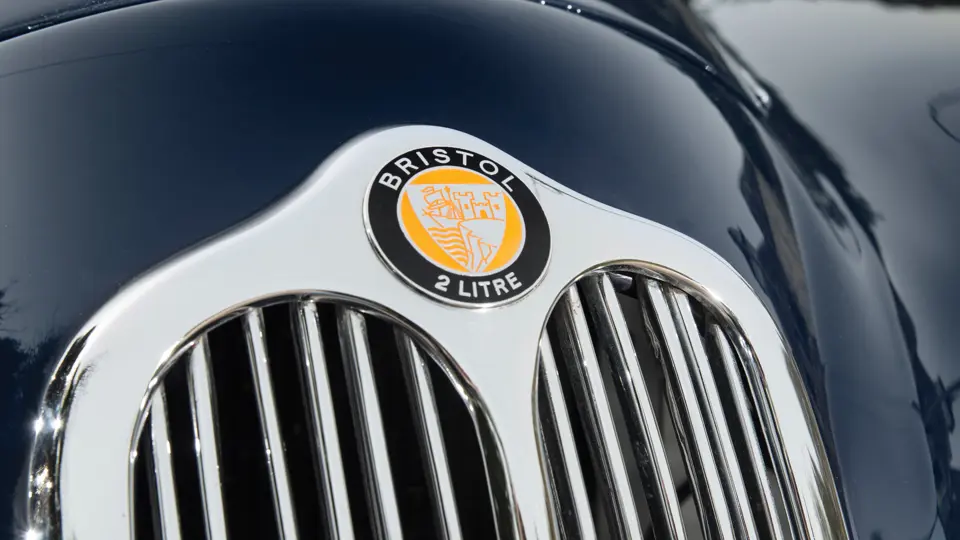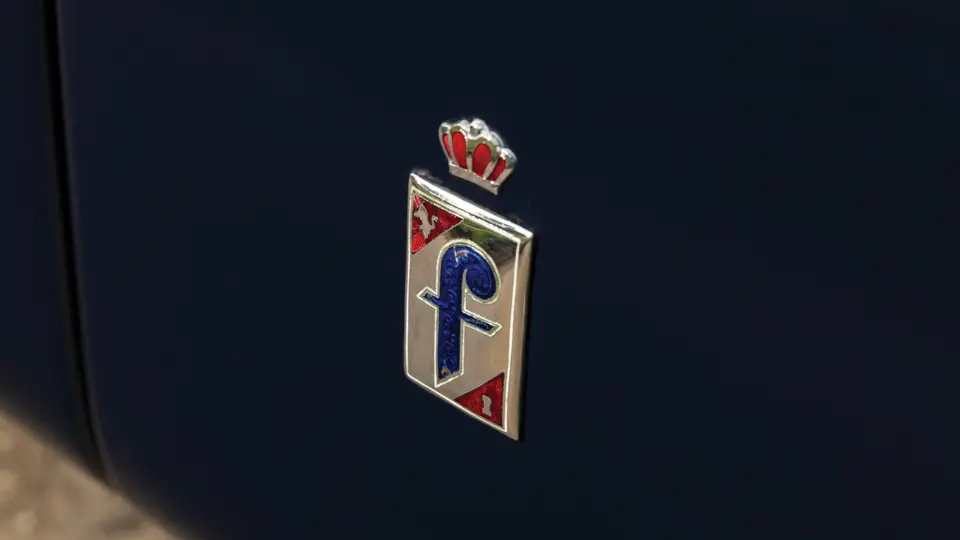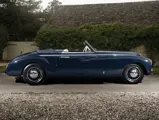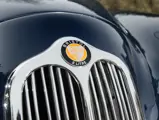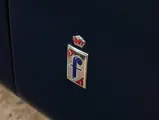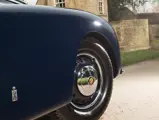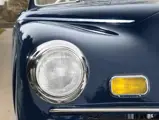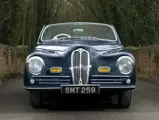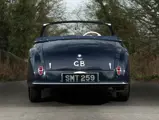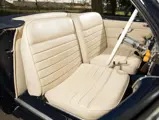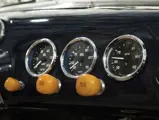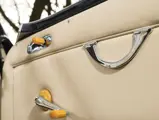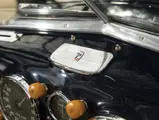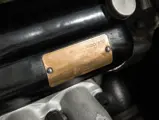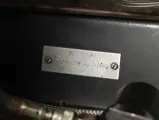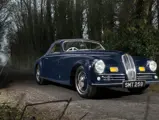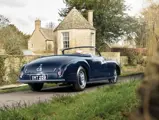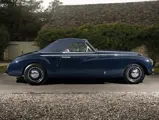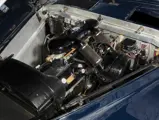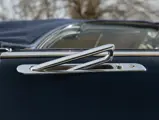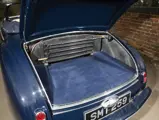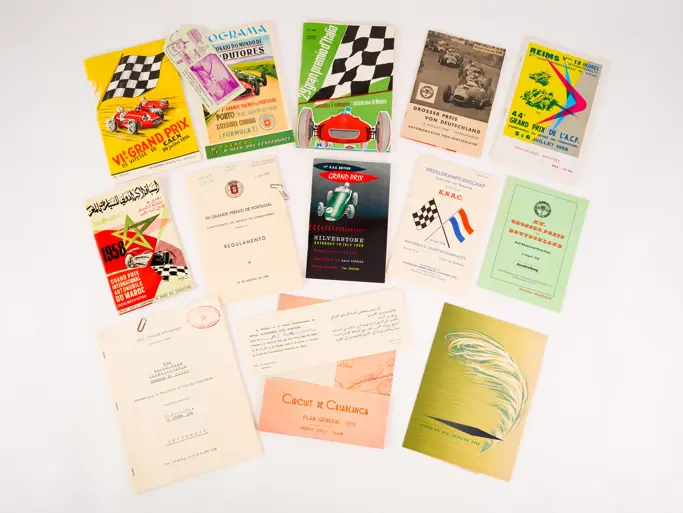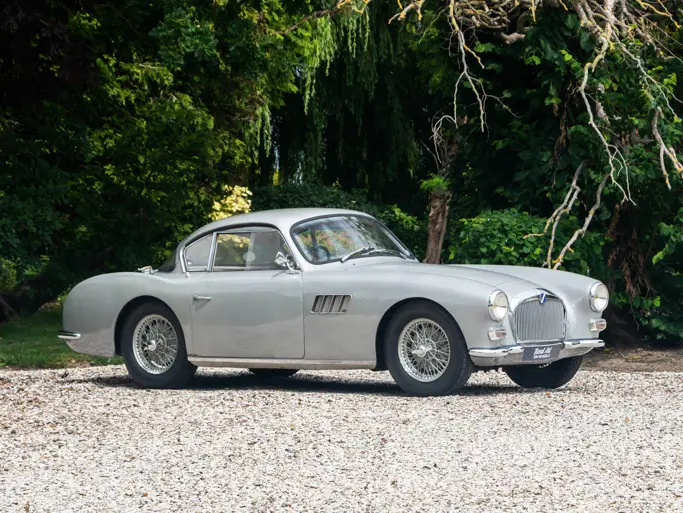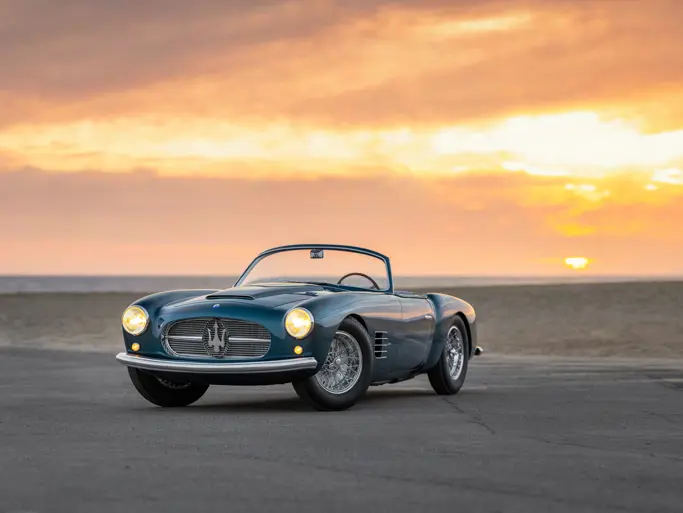
1947 Bristol 400 Cabriolet by Pinin Farina
{{lr.item.text}}
€224,000 EUR | Sold
{{bidding.lot.reserveStatusFormatted}}
- The 1947 Geneva Motor Show car; unique Pinin Farina coachwork
- The second-ever Bristol production chassis
- Period and contemporary competition history
- Fully restored and recently detailed to beautiful condition
- Eligible for the finest international events
125 bhp, 1,971 cc OHV FNS inline six-cylinder engine with three SU carburettors, four-speed manual transmission, independent front transverse spring suspension, live rear axle, and four-wheel drum brakes. Wheelbase: 2,895 mm
The end of wartime hostilities marked the beginning of a golden era for British car manufacturers. Those involved in aircraft manufacture had gained expertise in aerodynamics and learned new production techniques. Among them was Bristol Aeroplane Company, which was the world’s largest manufacturer of aeroplanes and their engines. The company made the bold decision to create a car division in order to utilise and employ its redundant aircraft workers.
The result was the superb Bristol 400, launched in 1947. The two-door saloon boasted a 2-litre engine and a top speed of nearly 100 mph. Targeted at well-heeled buyers, rallying and time trial successes quickly followed.
The elegant cabriolet offered here was built to special order by the legendary Italian coachbuilder Pinin Farina, which had been tasked with creating a rival to Alfa Romeo and Lancia tourers. The chassis was delivered to the Pinin Farina workshops in Turin on 7 December 1946. Interestingly, the car was originally intended to be offered for sale as a Frazer Nash Bristol (the Frazer Nash sales brochure illustrates this specific car). As the relationship between Bristol and Frazer Nash fell apart, the car was badged as a “Bristol 2-Litre” and no further examples were produced, although Bristol did go on to produce six significantly different Pinin Farina-bodied cars based on the 401 chassis, and later approximately 18 examples of their in-house bodied 402 models.
Chassis number 400/1/102 was initially retained by H.J. Aldington, co-owner of Frazer Nash Cars Ltd. and a director of Bristol Cars. Early in its life, the car was fitted with the first prototype Frazer Nash-Specification Bristol sports engine, number FNS 1001, in preparation for competition. The car was successfully rallied by H.J. Aldington, who was partnered with Eric Storey, the Bristol service manager. It was well placed in several important rallies in 1948 and 1949, including the 1949 Alpine Rally, where it was the only Bristol to finish without damage. The car was also illustrated in several contemporary magazine articles.
The car was later sold to Anthony Manuel, a noted collector of unusual and prototype cars. Mr Manuel used the car on the road and competitively for many years; his wife remembers it as the best car her husband ever owned. In 1989, he contemplated having the car restored to use in his dotage, but unfortunately, he passed before the restoration commenced, and the car was acquired by Christine Lane-Jones, the mother of the intended restorer. Spencer Lane-Jones, a noted specialist restorer of Bristol cars, then restored the car to the highest possible standard, reportedly on a privately financed, cost-no-object basis, between 1989 and 1999. The car was subject to a total restoration, with every component being dismantled, repaired, and reassembled with great care being taken to repair and retain original components wherever possible.
Mr Lane-Jones toured and exhibited the car for several years before selling it to the current owner, who fell in love with it at first sight. The unique Pinin Farina heritage resulted in invitations to many prestigious events such as the Louis Vuitton Concours at the Hurlingham Club and the Villa d’Este Concours d’Elegance, where it won an additional three awards. The car has also been toured extensively by the consignor throughout Europe and the United States.
This historically significant car arguably helped an important British marque on the path to greatness. Together with its illustrious design credentials and history, it is a highly desirable choice for the serious connoisseur seeking entry into the world’s finest classic car events.


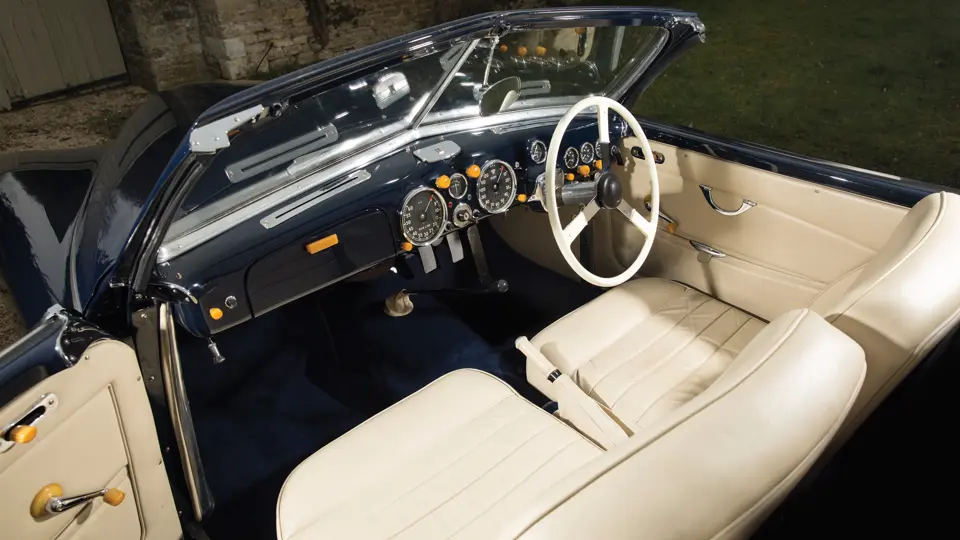

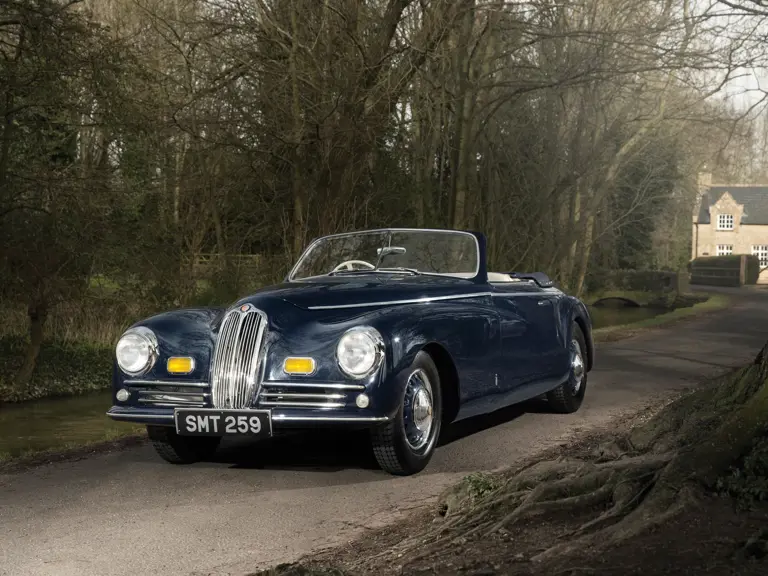
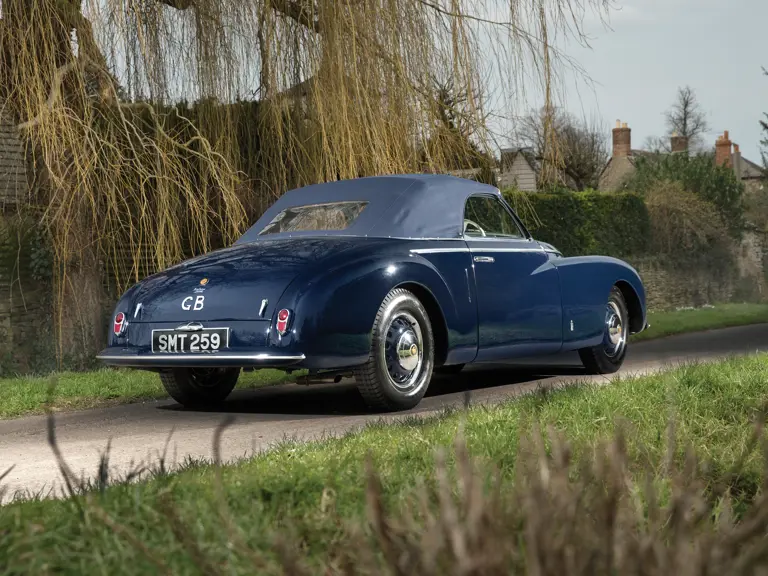
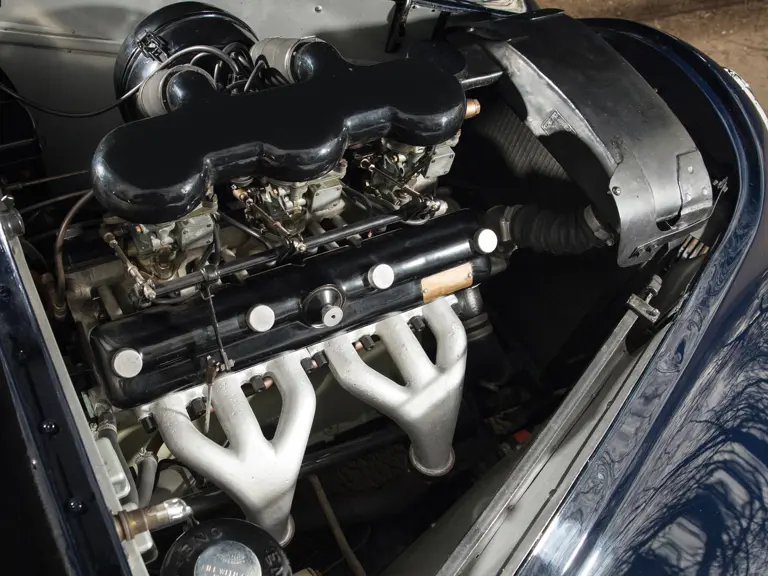
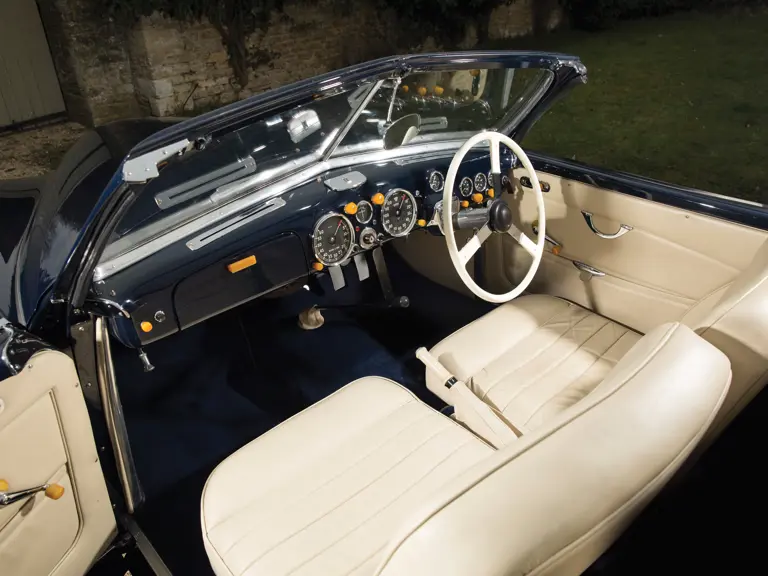
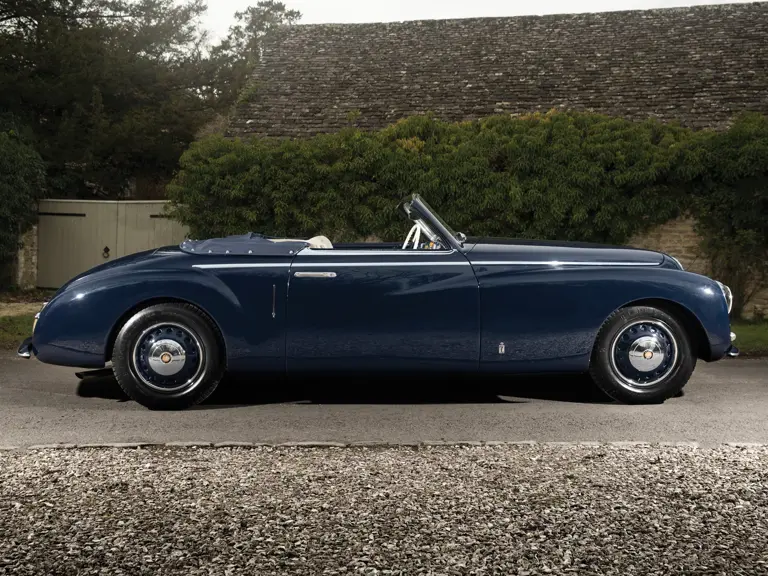
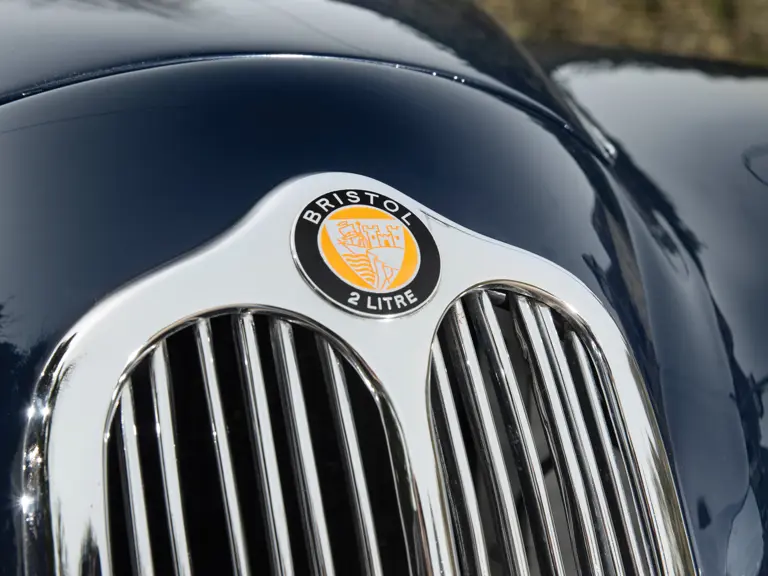
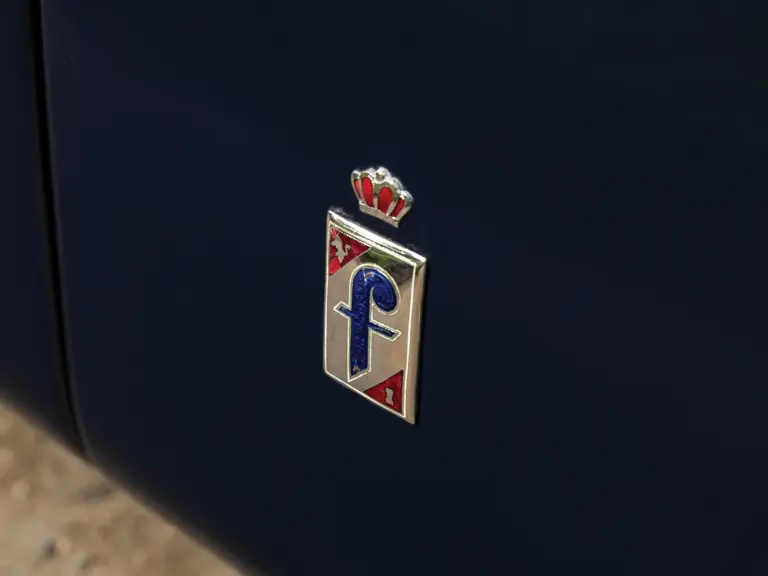
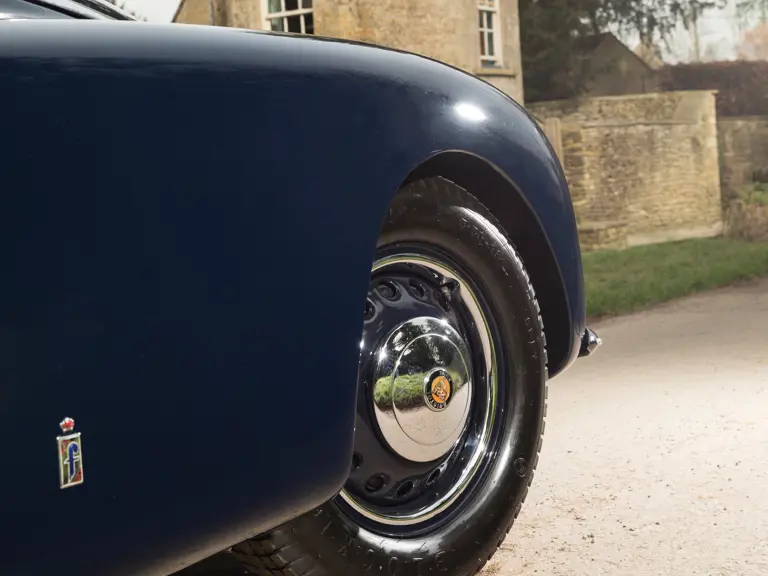
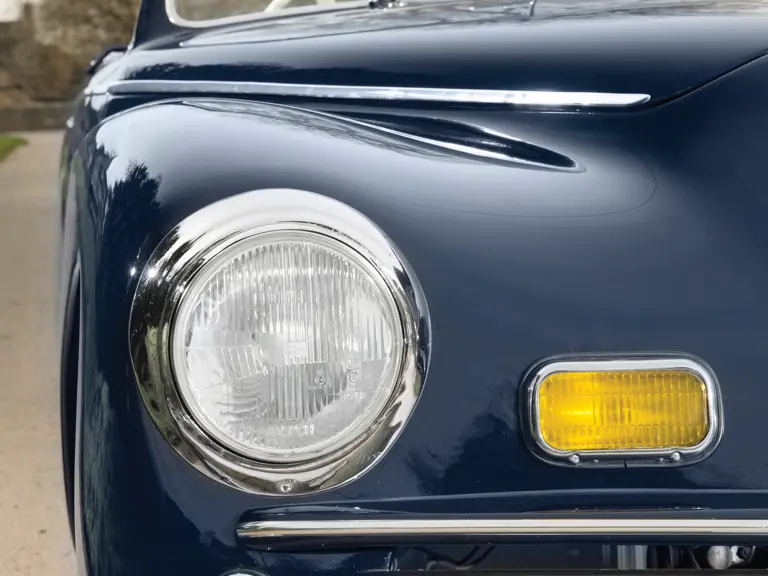
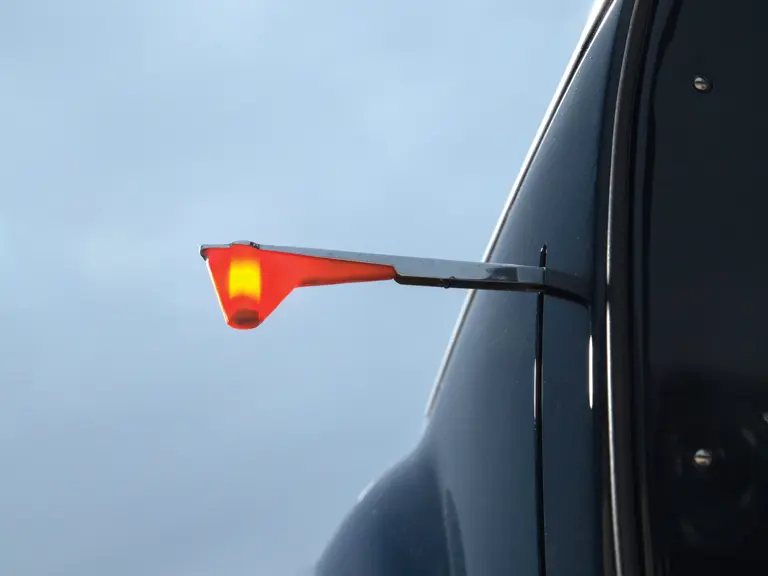
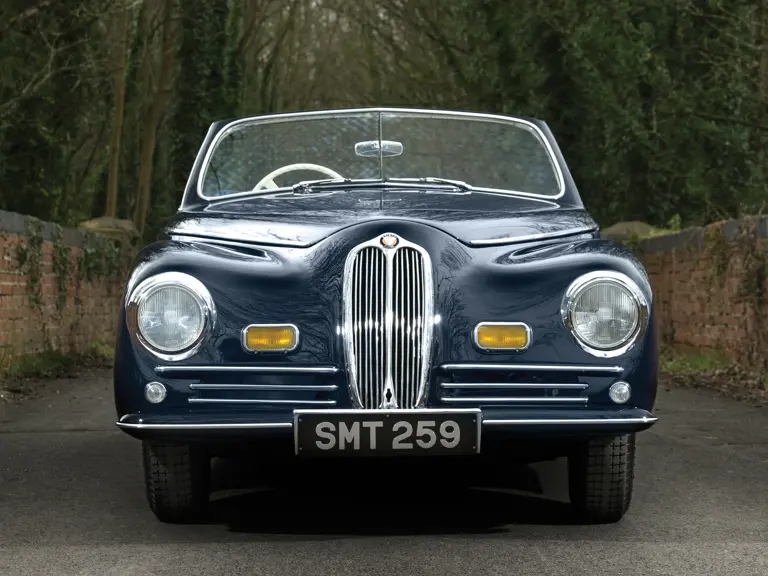
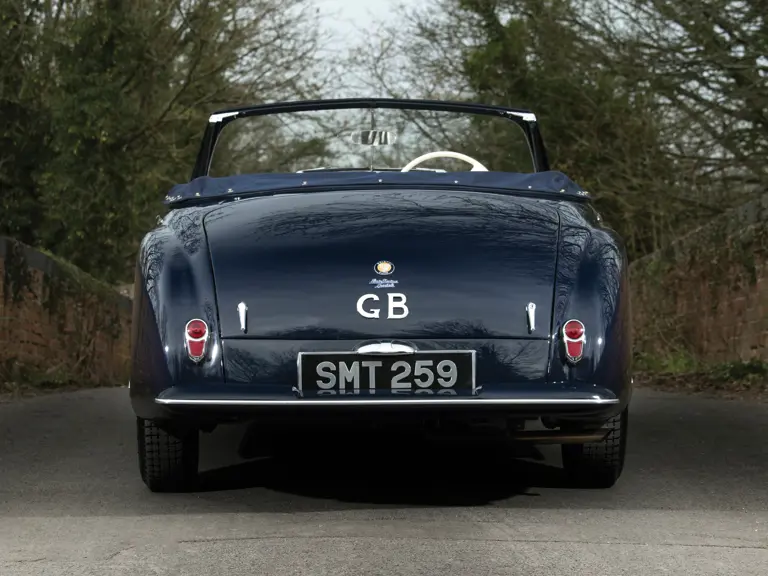
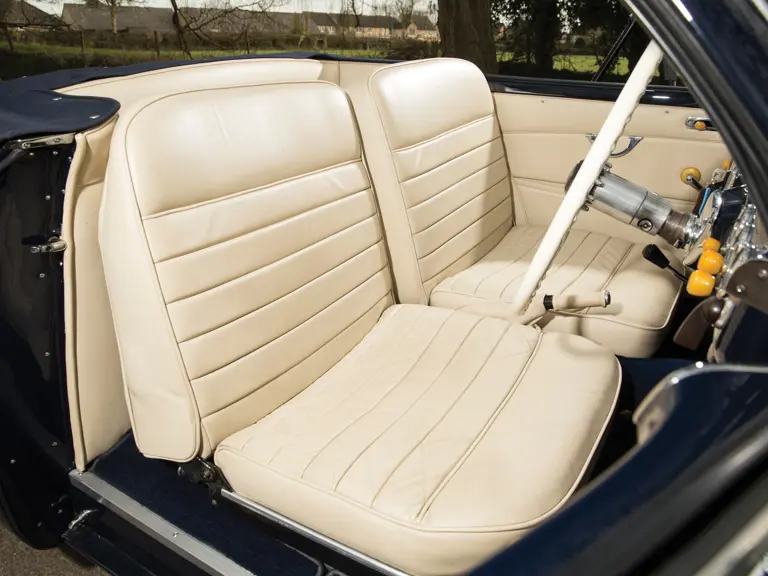
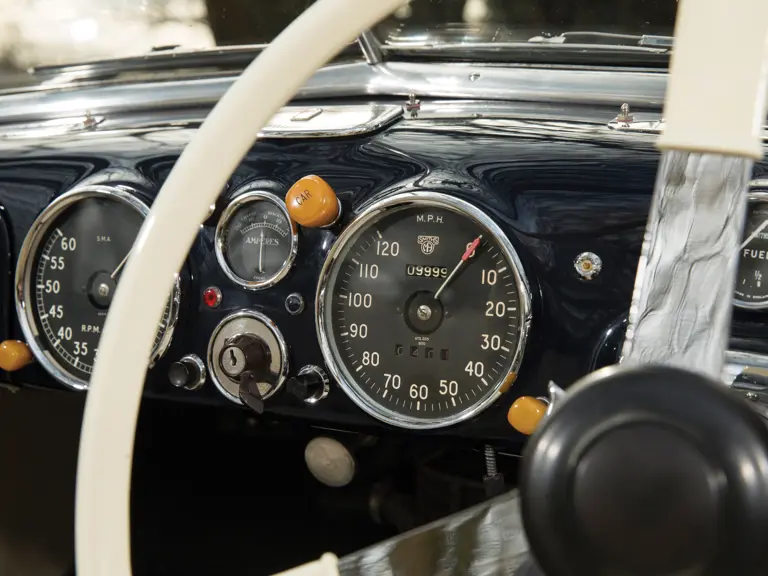
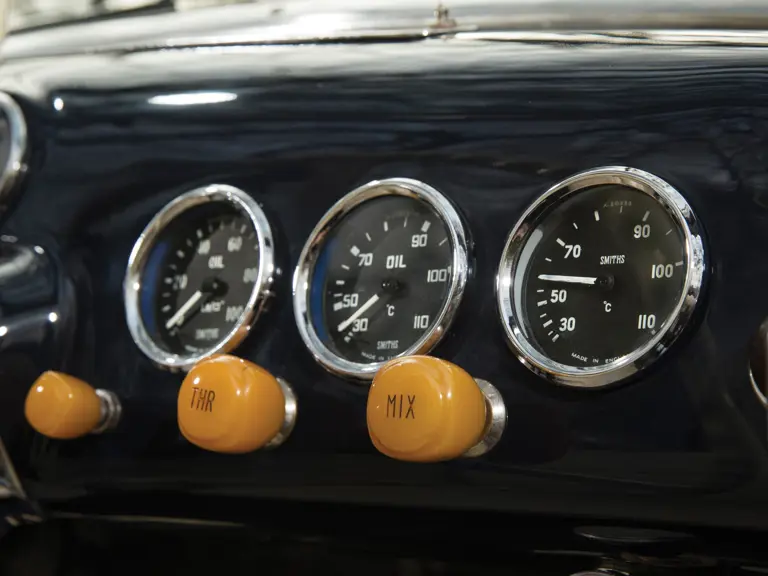
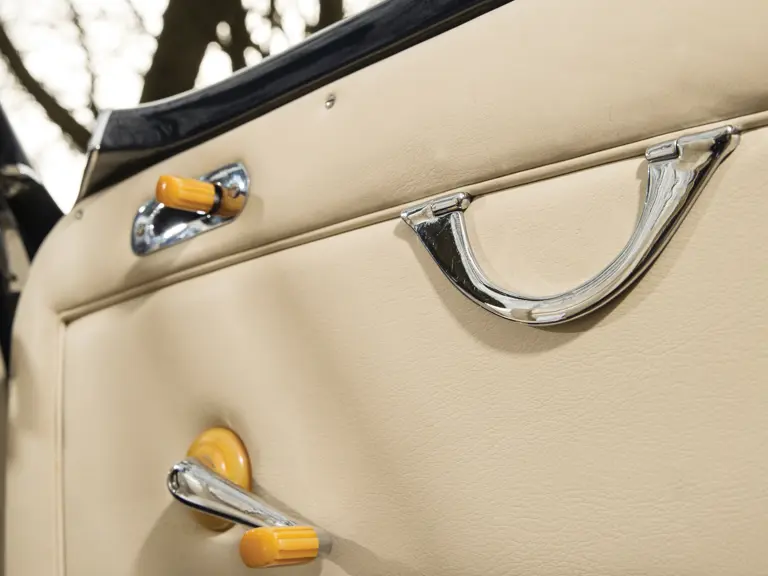
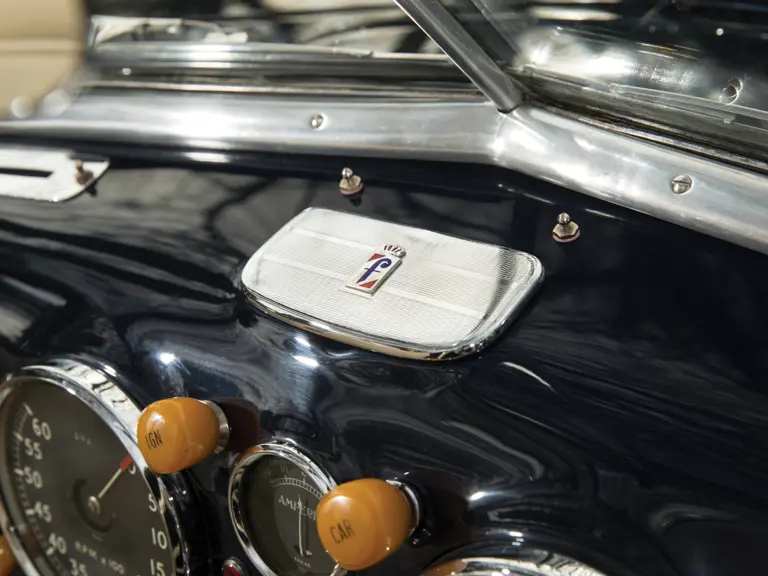
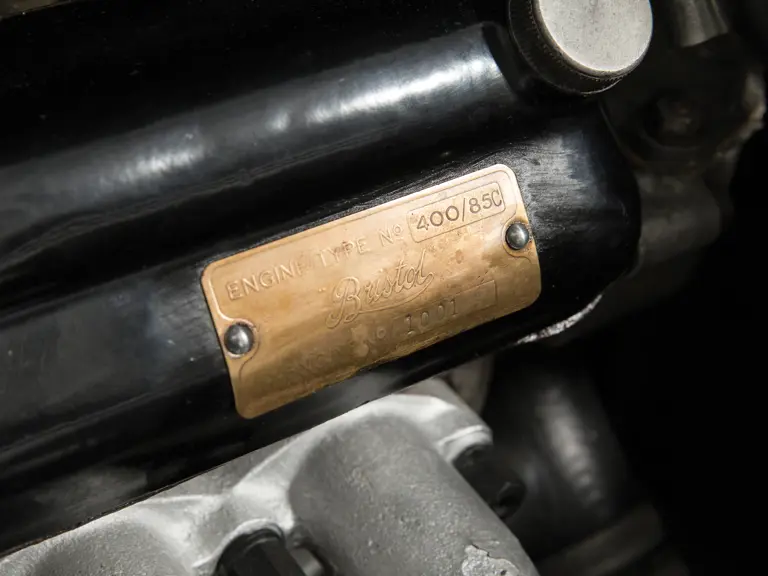
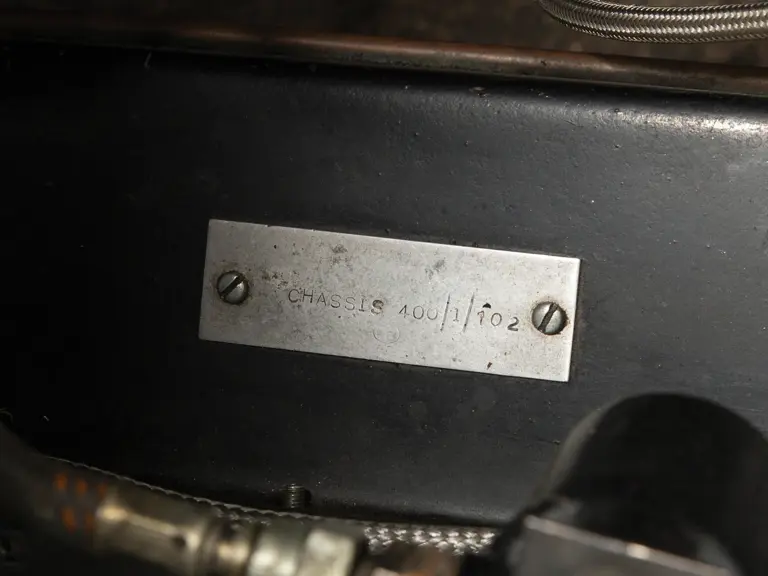
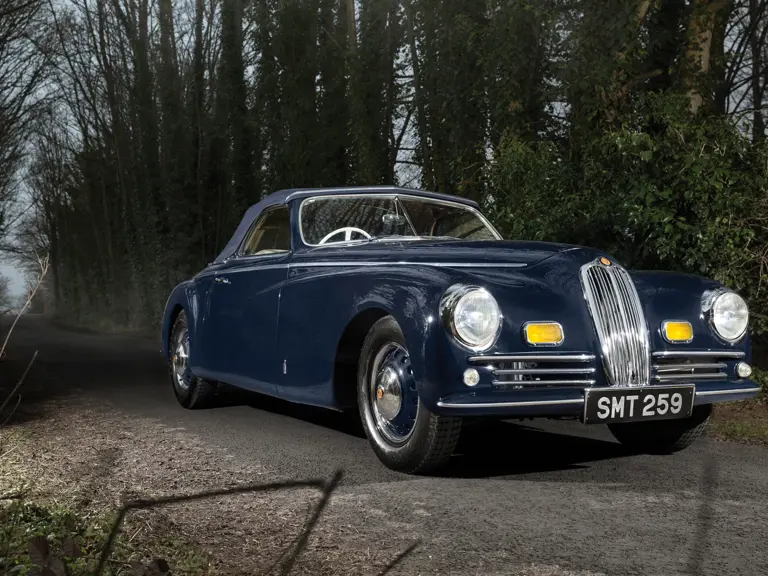
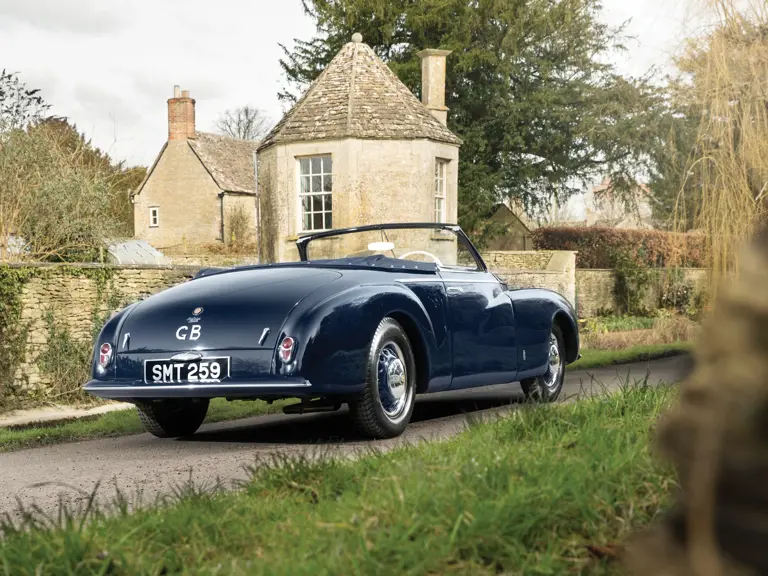
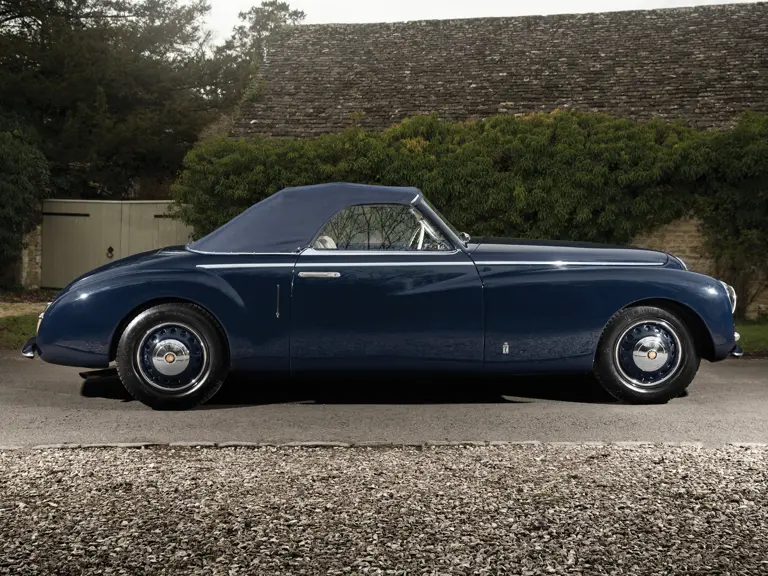
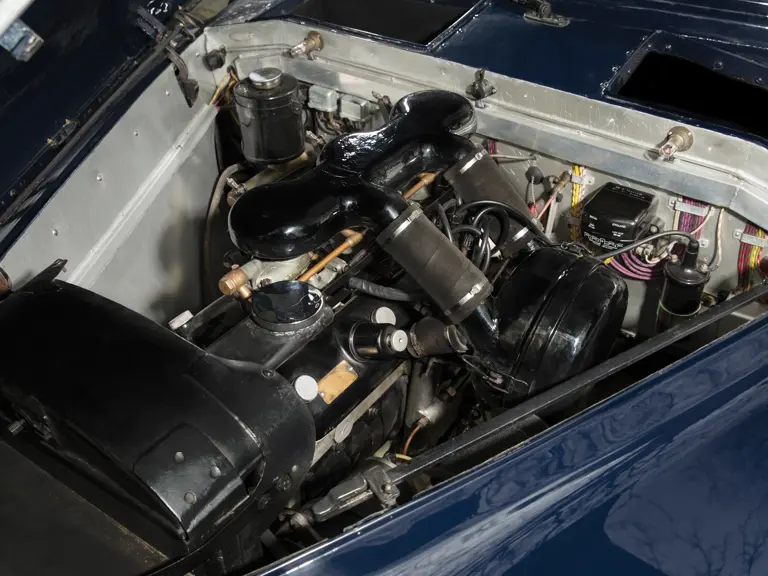
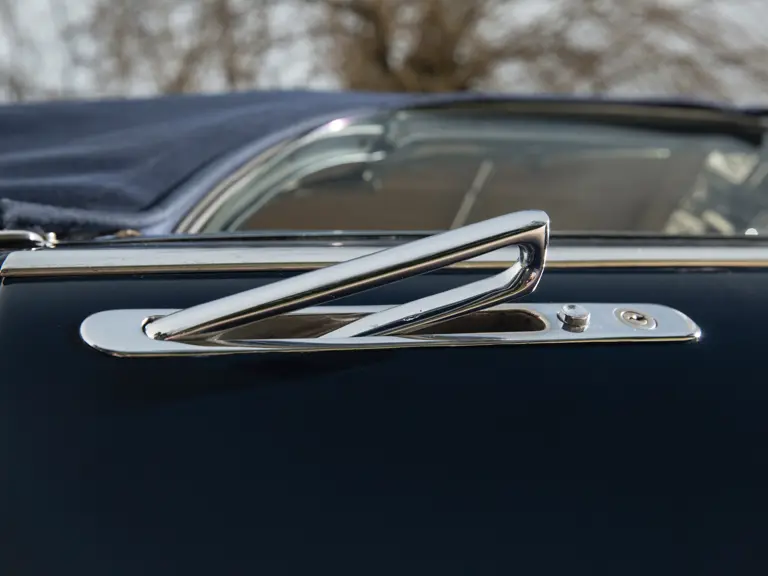
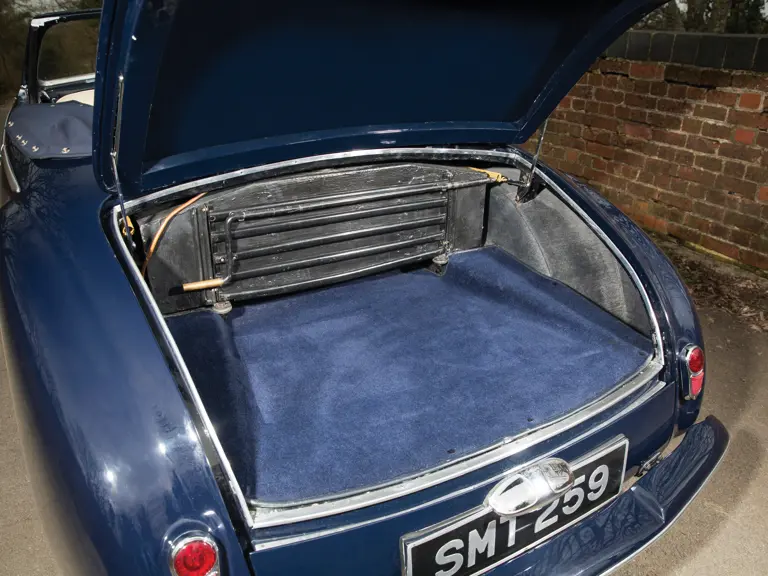
 | Monte Carlo, Monaco
| Monte Carlo, Monaco
